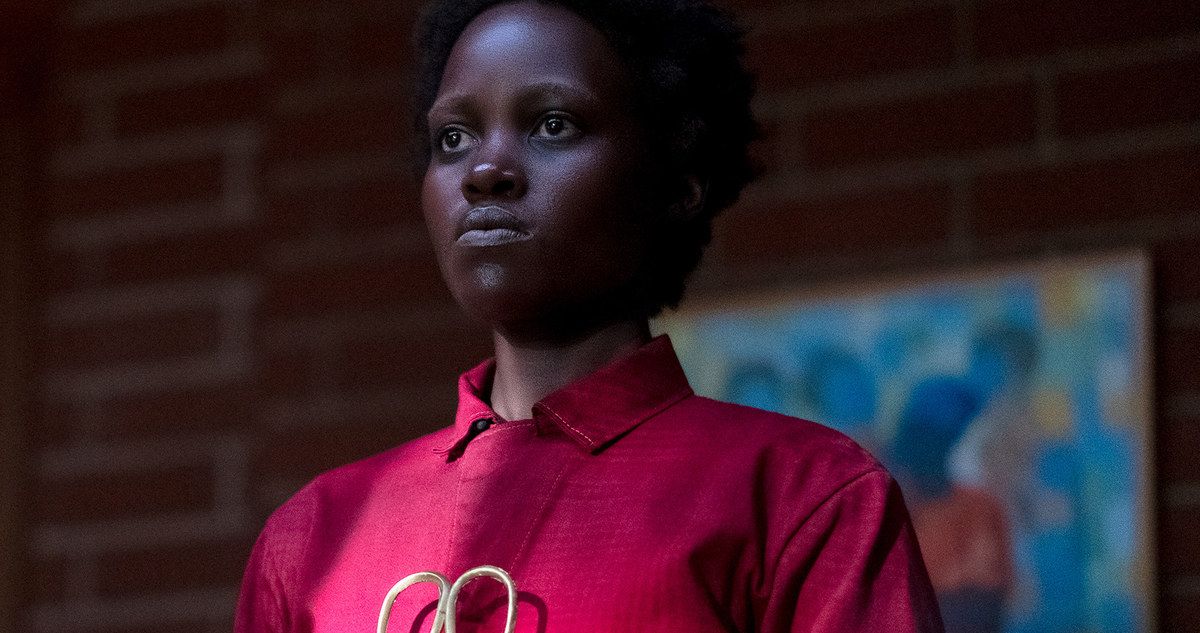Disability Groups have started to go after Jordan Peele's Us. Specifically, they have taken offense over the fact that actress Lupita Nyong'o admitted that the villainous voice of her doppelganger in the horror movie is based on spasmodic dysphonia disorder. Nyong'o revealed that she got the idea while watching Robert F. Kennedy Jr., who has spasmodic dysphonia, speak at a fashion event. The disorder has been described as a "neurological disorder that causes involuntary spasms of the larynx."
Lupita Nyong'o decided to take spasmodic dysphoria and "amplify" it for her character in Us. In the movie, her character is a bit hard to understand because of her decision to ramp up the symptoms. Jennifer Laszlo Mizrahi, president of RespectAbility, released a statement criticizing Nyong'o's decision to take a disorder and slap a negative stigma on it. The non-profit organization works to advance opportunities for individuals with disabilities. Mizrahi had this to say.
"Connecting disabilities to characters who are evil further marginalizes people with disabilities who also have significant abilities and want to contribute to their communities just like anyone else."
The National Spasmodic Dysphonia Association, NSDA, also released a statement criticizing Lupita Nyong'o's choice to use the voice. Spasmodic dysphonia disorder is pretty rare and effects 2 per 100,000 people, with onset generally from the age of 30 to 50. There is no cure, but there have been treatments that improve symptoms. You can read part of the NSDA's lengthy statement below.
"One of the toughest parts of having a disability is that people make assumptions based on the way you walk, talk or act, sometimes with little understanding of what is causing it. We understand that hearing the unique sound caused by symptoms of spasmodic dysphonia was the spark of inspiration for the voice of this character. What is difficult for us, and for the thousands of people living with spasmodic dysphonia, is this association to their voice with what might be considered haunting."
When Lupita Nyong'o was talking about the inspiration for her doppelganger voice in Us, she also mentioned that her character going through trauma was a reasoning for the vocal choice. However, NDSA executive director Kim Kuman states that the disorder is not psychological, which had previously been thought. It appears that Nyong'o wasn't given the proper information when she was doing her research.
Lupita Nyong'o wasn't trying to offend anybody and certainly wasn't trying to bring individuals with disabilities down, but she may have inadvertently brought some negative attention to the disorder. However, since this has been reported, more people will become aware of spasmodic dysphonia, which is always a good thing. It's unfortunate that Nyong'o and Us are facing criticism, but there could be a positive at the end of everything. Indie Wire was the first to report the Lupita Nyong'o and Us controversy.

